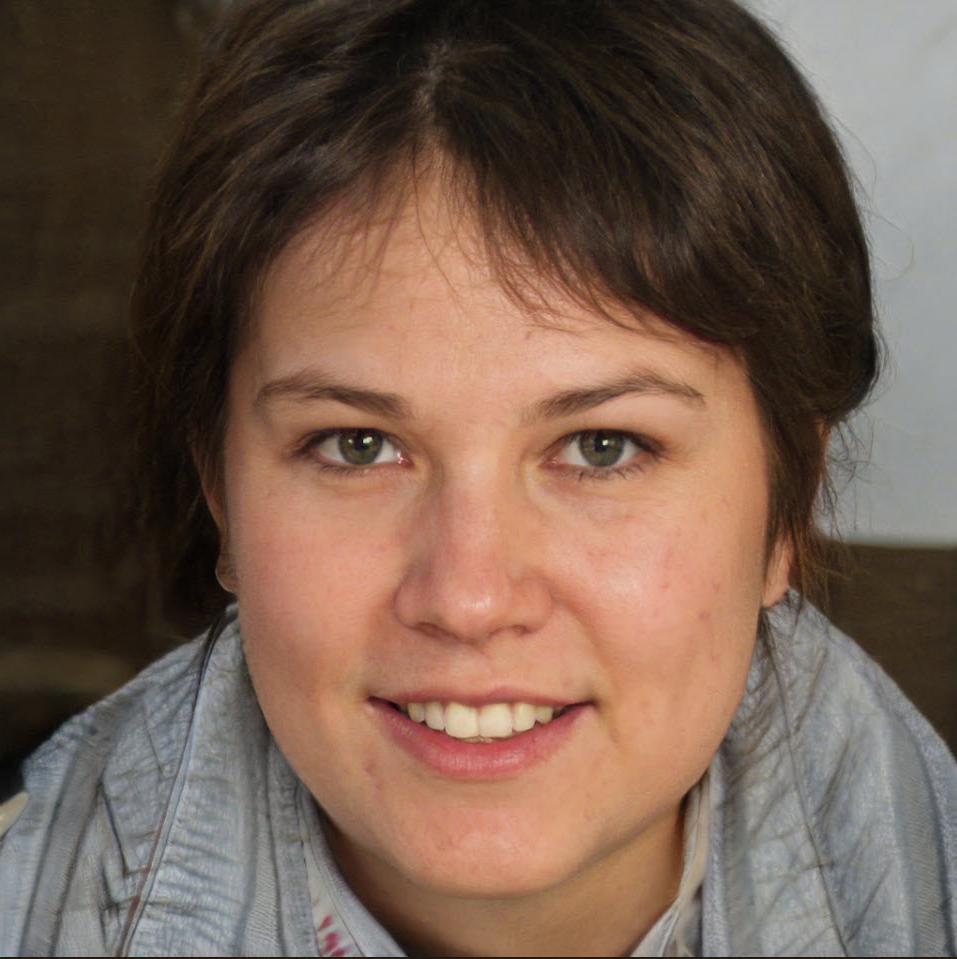Tailoring Student Services to Create Career-Ready Graduates
2 View
Share this Video
- Publish Date:
- May 17, 2023
- Category:
- Professional Careers
- Video License
- Standard License
- Imported From:
- Youtube
Tags
Villanova University is creating career-ready graduates despite the current negative perception of higher ed that is partly fueled by students having difficulties finding jobs upon graduation. Part of this comes from approximately 94% of Villanova students being accepted into internships. Anyone can see these successes for themselves since the private Roman Catholic research institution shares what their alumni are actually saying and experiencing online.
In his latest podcast episode, Dr. Drumm McNaughton talks with Associate Vice Provost for Career and Professional Development Kevin Grubb about how Villanova keeps student outcomes transparent, how transparency helps attract and retain students, how to involve the entire university system in this practice, how career skills are built into Villanova’s educational experience, and how Villanova’s internship program works and why it’s so successful.
Podcast Highlights
The University Learning Goals page on the Villanova website contains searchable student career outcome information from the past five years that can be sorted by college and major. This data updates annually from surveys where graduates share their career experiences upon graduating. In addition to asking if graduates have a job, where they work, and what their salary is, the surveys ask how successful graduates feel in their first job, if their current job will help them achieve their goals, if the Villanova experience prepared them for their career, to rate Villanova’s professional development (PD), and what Villanova could do differently. The University Learning Goals page helps the recruitment process by showing prospective students and their families what and how successful some career pathways are. Retention is improved since the results motivate and help students feel like they belong. Everything that goes on or informs the University Learning Goals page is shared with the admissions team to help with recruitment. The career and PD team also presents career outcomes and experiences to inform other departments of its findings and to get feedback from them. In addition, the career and PD team asks what other departments are hearing from students and how the career and PD team can help if they have questions. This culture is also instilled at the faculty level. Some Villanova schools and colleges offer a required class on career and PD. This includes first-years writing a resume, keeping in mind research opportunities, part-time jobs, or internships they might apply for in the future. These resumes are individually reviewed and spark a conversation between students, staff, and faculty. In addition, students are asked what they did during each experience, what skills they gained, what they liked, and what they didn’t like. This leads to more in-depth conversations on what’s important to them and what they want to do next. Students participate in mock interviews. This includes preparing for asynchronous interviews where students complete a pre-recorded asynchronous interview. Villanova also provides networking opportunities with employers, alums, and professionals within industries students are interested in. These are completed in low-stress environments where jobs or internships aren’t on the line. Villanova also has a subscription to LinkedIn Learning, so undergraduate and graduate students can quickly upskill at no cost. Internships are not required for most Villanova programs, but between 91-94% of students who apply intern once during their enrollment. About half of these students intern twice or more. Villanova typically encourages employers to pay interns.
#StudentServices #JobReady #HigherEd
Read the transcript →
About Our Podcast Guest
Kevin Grubb
Kevin Grubb is an internationally and nationally recognized expert on career services delivery in higher education. Kevin serves as Villanova University’s Associate Vice Provost for Career & Professional Development and has held multiple roles within Villanova’s Career Center over the last 13 years. In his current position, Kevin is responsible for the strategic direction of the University's career and professional development functions, leading cross-university task forces and spearheading institutional projects to enhance college-to-career success. Kevin’s expertise focuses on community-driven approaches to career education, a high-tech, high-touch approach, and prioritizes equitable access to career services, especially for those historically excluded from higher education.
Kevin’s expertise has been acknowledged by several organizations whose mission is to provide innovative career services and education about college student engagement. He has been named the “Rising Star” twice in his career, first in 2014 by the American College Personnel Association and second in 2015 by the National Association of Colleges...













